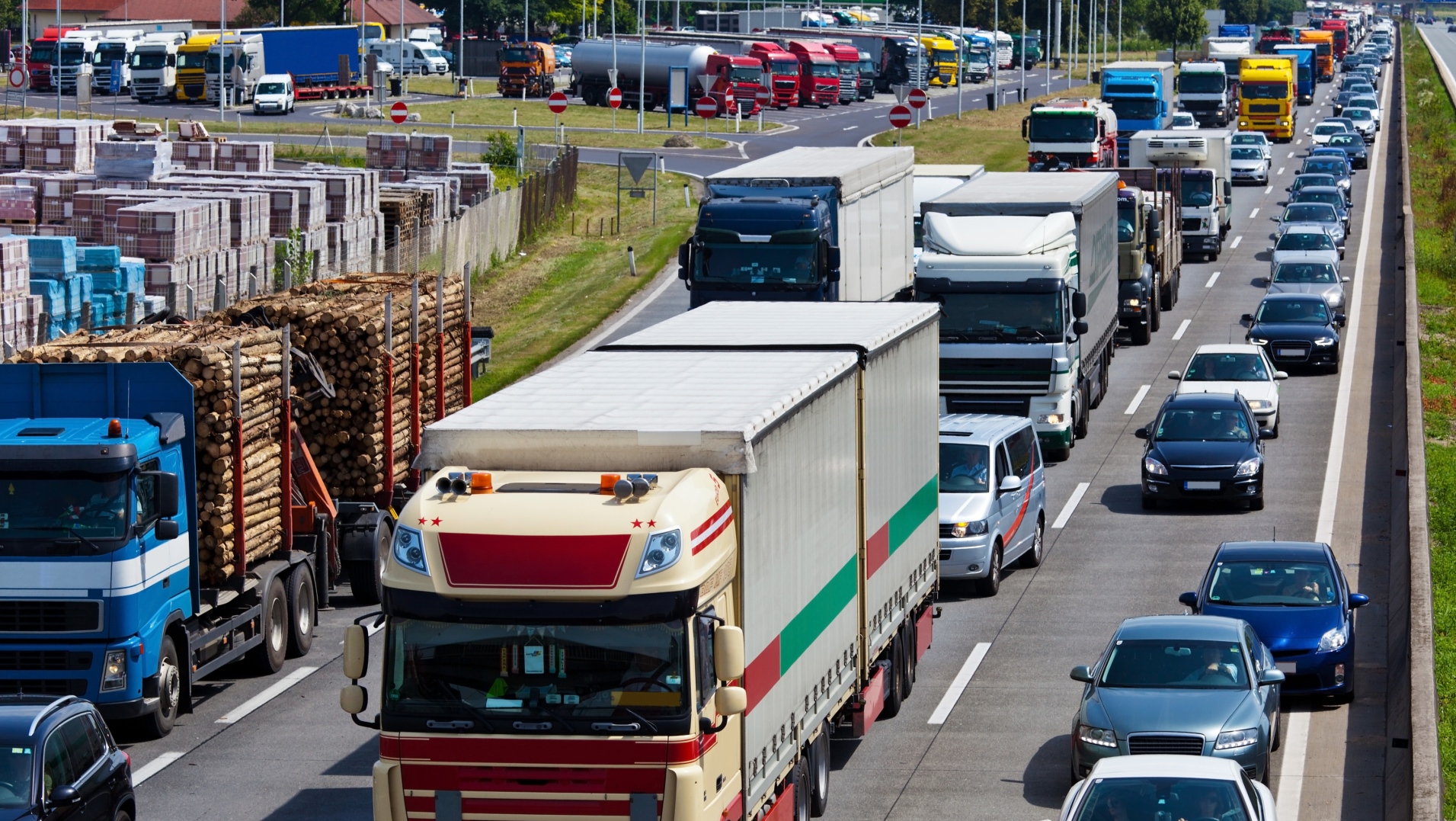Brexit — a Republic of Ireland perspective
There are good reasons why people in the Irish Republic are concerned by the referendum in Britain and Northern Ireland to decide future EU membership. That they are concerned is confirmed by a recent poll which showed that 86 per cent of people in the Republic believe Britain should remain in the EU. These reasons cut across a number of concerns.
The Republic has a strong trading relationship with the UK – which is its largest market for manufactured goods. This is particularly so for agriculture and food upon which much of rural Ireland relies.
A Brexit could mean that the free-trade relationship would be undermined; it certainly would mean that the fate of this important export market would be out of our hands since the Republic has no capacity to negotiate its own trade deals. The prospect of a customs border, tariffs and other related costs would be a considerable blow to the Republic’s economic fortunes.
The prospect of a reinforced border between Northern Ireland the Republic is of particular concern. In the years following the Good Friday/Belfast Agreement considerable effort has been made to promote cross-border initiatives and single markets to take advantage of the â€peace dividend’, creating greater political and economic cooperation. The ability to maximise these benefits could be severely limited in the event of a Brexit.
Free movement
The historical relationship between Ireland and Britain has naturally resulted in considerable migration. A Brexit opens up the possibility of restrictions on people’s ability to freely move between, and take up residence in, the two countries.  The imposition of passport controls at the border with Northern Ireland would be a backward step in terms of facilitating cooperation between both parts of the island.
While this may seem alarmist, much will depend on the eventual terms of the UK’s withdrawal. Recently, the pro-Brexit Northern Ireland secretary stated there would be no change in rules governing free movement of people but the simple fact is that the secretary cannot know this.  The maintenance of the Common Travel Area cannot be taken for granted and any relationship, again, would not be negotiated between the Republic and the UK.
Almost 400,000 people who were born in the Republic are resident in the UK. Similarly almost 230,000 British-born people are resident in the Republic. While many of these people in both jurisdictions will have passports for their current residencies as opposed to their places of birth, many others could find themselves post-Brexit being resident in a country where their right to residency has come into question.
British workers
Clearly, the fortunes of the Republic’s economy and migration issues between the two countries will not feature highly in the Brexit debate. However, there are some perspectives that can be helpful. For instance, the Republic is sensitive to our export sector since, for a small open economy, exports are vital.  So what about British workers in firms that rely on exports?
The inevitable tariffs will result in loss of business. It is interesting that the leadership of the Brexit campaign argue about EU regulations and paperwork. Yet every British exporting company will be swamped by additional regulations and paperwork if they are outside the EU market. Who will pay for those increased prices? Reduced CEO pay? Reduced dividends? Don’t be surprised if it is workers’ wages and working conditions.
It is not just the workers in the firms who will pay. Cities, towns and communities that rely on the spending power of those workers will suffer. Businesses and their workforce that supply those companies will suffer. It is the essence of the race-to-the-bottom future that awaits in a Brexit.
That’s one perspective from the Republic. Here’s another.
Stronger together
Even though the Republic suffered terribly under EU dictats and Troika commands, 90 percent still support continued membership in the EU, believing that the benefits outweigh the disadvantages. The EU has been described as â€technocratic and bloodless’ and with good reason.
Yet the irony is that the Brexit leadership have been the keenest promoters of this bloodless technocracy, colluding with the German Christian Democrats, the French Gaullists, right-wing interests in other EU countries, including the governments in the Republic, to subordinate the living standards of workers in order to privilege the comforts of financial services and employers’ interests.
The Brexit leadership has made a wasteland of Europe and now, to promote their class interest, they give out about Europe.
These are some of the reasons that the trade union movement – in the Republic and Northern Ireland – have called on Britain to remain. Not because of what the EU stands for now; that is the creation of anti-worker forces like the Brexit leadership. The Northern Irish Congress of Trade Unions put it this way:
â€From our viewpoint, we are deeply concerned with the neoliberal direction the EU has taken under the Council of Ministers and the ECB in recent years. We do think that austerity from Brussels is better than austerity from Westminster or Stormont. However, we will not win by walking away. We are dedicated to building a Social Europe and we will argue that we should stay and fight for an EU that respects its working people and protects their dignity.’
By remaining in the EU the people of Britain and Northern Ireland will be giving the clearest signal possible – that together we can take back Europe from the likes of the Brexit leadership and their allies on the continent who have been working so hard to degrade and demean the interests of working people.
And our chances of that prospect are considerably brighter if the people vote to remain in the EU so that we can all remain together to start that fightback.
 Like
Like Follow
Follow


